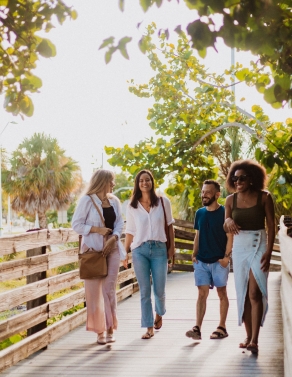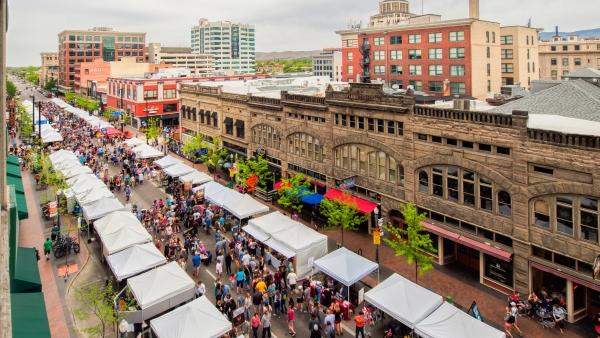“Experiences” is the key word here: Research from Arival tells us that U.S. travelers (specifically Gen-Z and Millennials) prioritize experiences over things, and experiences are increasingly booked over any other component of the travel planning process—so much so that what experiences a destination offers often dictates what destination these travelers will go to.
The takeaway for DMOs? Focus on showcasing your destination’s unique and varied experiences. And, if you want to capture the attention of those high-value foodies, put some effort into identifying and building your culinary offerings.
My colleague Chris Adams recently shared 7 Global Best Practices in Food Tourism, in which he highlights the importance of DMOs telling the story of their food scene and supporting local food movements. He cited Scandinavia as a global leader in this space, referencing their New Nordic Food Manifesto and Denmark’s Gastro 2025 strategy.
In my opinion, one thing international destinations are doing well in this space that domestic U.S. destinations haven’t fully embraced is the idea of slow food–or, specifically, slow food travel—and developing content and campaigns to promote those types of experiences.
Slow Food, which got its start in Italy nearly 40 years ago and is now established in 160-plus countries, is a global movement whose mission is to "cultivate a worldwide network of local communities and activists who defend cultural and biological diversity, promote food education and influence policies in public and private sectors."
They define “slow food travel” as “a sustainable model of tourism based on the exploration of gastronomic traditions and the communities behind them.” They’ve even partnered with Airbnb to promote specific slow food experiences in countries like Colombia, Cuba, France and Italy.












